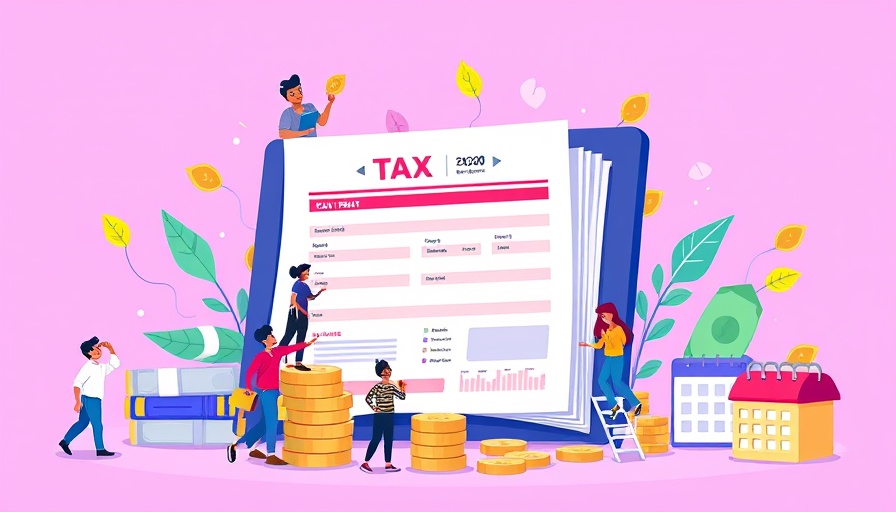
Understanding Record Retention: A Business Essential
In today's regulatory landscape, keeping thorough records is crucial for businesses of all sizes. Sure, famed singer Pearl Bailey quipped, "What the world really needs is more love and less paperwork," but governmental entities aren't as forgiving when it comes to paperwork. Various agencies enforce different record retention requirements, reflecting the substantial importance of document management in compliance and auditing processes.
The Primary Records You Must Retain
Your business operations can hinge on the accurate maintenance of essential documents. Some records require perpetual retention, such as incorporation receipts, permits, and licenses. Additionally, significant documents like contracts and financial statements demand varying durations; for instance, keep contracts for at least 7 years, while annual financial statements should be preserved indefinitely. It’s wise to digitize these records by saving paper documents online, ensuring they remain safe and easily accessible.
Tax Records: The IRS Guidelines
When it comes to tax-related documentation, the IRS enforces specific retention guidelines. Generally, federal tax returns and their supporting documents must be retained for three years. However, if there's an omission of over 25% of gross receipts, this period extends to six years. Furthermore, documents pertaining to employment tax must be kept for at least four years post-filing. Maintaining these records is not only mandated by law but also acts as vital evidence during audits.
Labor and Safety Records: Compliance is Key
Businesses also have an obligation to comply with the Department of Labor (DOL) retention requirements. Benefit and retirement plan documentation should be saved for a minimum of six years, while safety records must be kept for five years following the relevant calendar year. Ignoring these regulations can lead to legal issues, highlighting the necessity of understanding the nuances of record retention.
The Value of Detailed Organization
Overall, there is immense value in comprehensively retaining business records. Understanding the importance of compliance can not only mitigate legal risks but also streamline operations, providing insights into the business's financial health.
Taking the time to properly organize and protect your records now can save headaches later. Consider integrating document management software to aid in this ongoing task. This proactive step will reinforce your business against potential audits and compliance checks.
 Add Row
Add Row  Add
Add 




Write A Comment